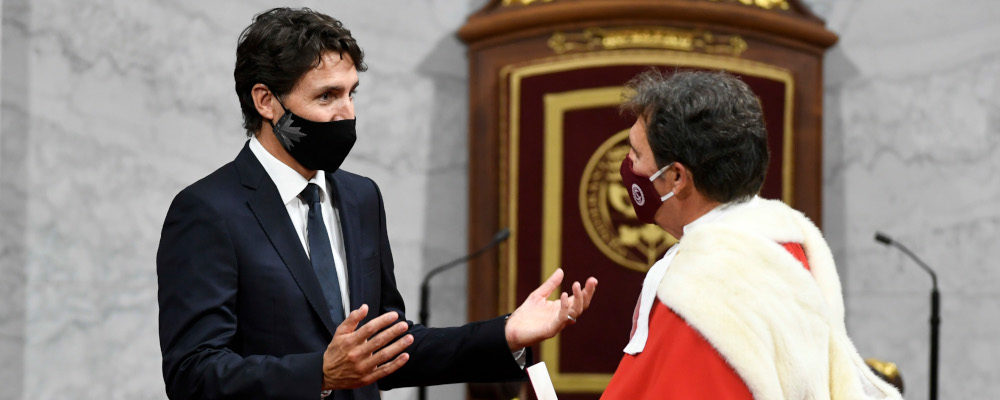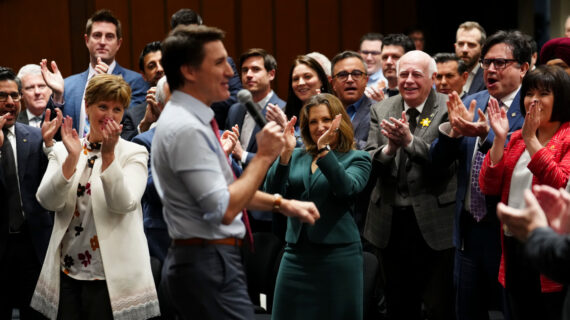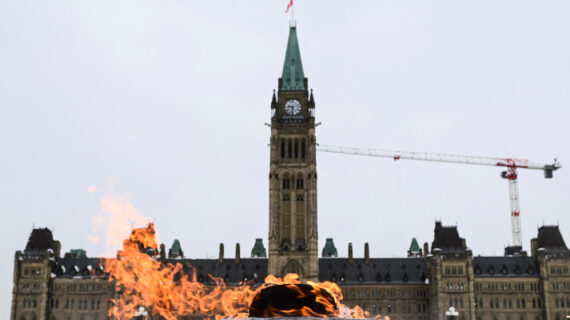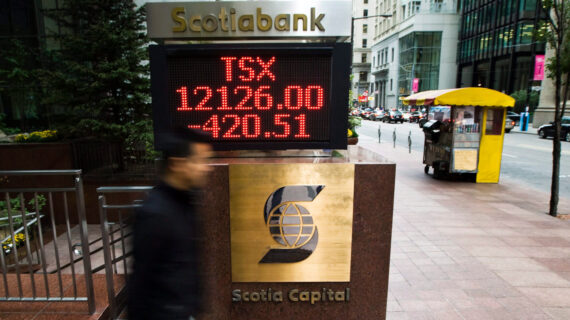In April 2021, Doug Ford acted out of desperation to tamp down on a surging third wave of Covid-19 in Ontario. He announced the pandemic’s most draconian measures so far: a stay-at-home order enforced by eye-popping new police powers that would enable cops to stop any person in the province and demand them to provide proof of their reason for not being home.
Most of you will remember what happened next: nearly every local police force in the province announced that they would, ahem, not be implementing this new policy as it was overbroad and presented the risk of disproportionately targeting communities and demographics that were already subject to over-policing.
The policy was also a blatant violation of Charter rights against arbitrary arrest and detention, as well as search and seizure, as it would seem to give the police license to detain individuals for the mere reason of being outside of their homes and without even the facial appearance of reasonable suspicion.
At the time that cabinet was debating the merits of this policy, its likely unconstitutionality was raised by AG Doug Downey. Ford’s cabinet must have known that the order would be subject to Charter challenges brought by civil liberties groups, but probably figured that by the time any challenge made its way before the courts, the enhanced police powers would be revoked. They went ahead with the policy.
Ford’s apparent view that Charter rights are for politicians to freely side-step and leave to be adjudicated by the courts later is a misunderstanding of the intention of a constitutional framework and shouldn’t be tolerated forty years on from its adoption.
Perhaps we ought to expect behaviour like this from an administration like Ford’s, given his apparent antipathy towards Charter rights. It was Ford, after all, who invoked the notwithstanding clause for the first time in Ontario’s history vis-a-vis his notorious decision to unilaterally reduce the number of electoral wards in advance of Toronto city elections in 2018. (It turned out that invoking the clause was unnecessary, in any event, since municipal elections are not constitutionally protected).
It turns out, though, that Justin Trudeau and his so-called “Charter Party” Liberals1The Charter Party and the work of Parliament aren’t more assiduous in their regard for themselves as being bound by the limits of constitutional rights, despite lip service practices like instructing the Department of Justice to conduct a review and affix a “Charter Statement” to new legislation.
The Trudeau government invoked the Emergencies Act despite both border crossings and the Ottawa “occupation” being effectively cleared under normal police powers. In invoking the Act, Trudeau also brought in economic measures which, it is not hyperbolic to say, took a wrecking-ball to well-established rights against unlawful search and seizure and privacy. Per Minister Freeland’s announcement on February 14th, banks would henceforth be empowered to freeze accounts of those “directly or indirectly” supporting the protests, without any court order or warrant and insulated from civil liability.
You would expect such a gob-smacking announcement from the “Charter Party” to contain at least passing reference to consideration of how the attendant violation of Charter rights could be justified (clearly the Liberals were well past the point of bothering to rubber-stamp the policy with a “Charter statement”).
It’s trite law that a warrant is needed prior to the search and seizure of private property. However, Freeland referred only to “consulting with banks”. In a press conference a few days later, PM Trudeau admitted to some ambiguity about whether his invocation of the Act was justified, but welcomed “court challenges that have already been filed.”
Constitutional democracy requires that all actors assume that they are bound by the foundational rules of the game. Professor Gregoire Webber has written in support of the responsibility of Parliament in promoting and constructing the meaning of rights in dialogue with the courts: “the first and most important responsibility for protecting, respecting, and promoting the rights of Canadians rests with government and Parliament.”2The Charter Party and the work of Parliament
It stands to reason that a robust constitutional culture requires all three branches of government—executive, legislative, and judicial—to see themselves as active in preserving a culture of constitutionalism.
Legal commentators, myself included, have been critical of the role of the Supreme Court as a “roving law commission” and superlegislator in the Charter era. This was certainly true during the days of the McLachlin court from 2000 to 2017. The Court-as-a-sueprlegislator perhaps reached its zenith with Rosalie Abella’s notorious determination in a 2015 decision overturning thirty years of judicial precedent on public sector unions’ right to strike. She mused that said right was due for its “constitutional benediction”.3Saskatchewan Federation of Labour v. Saskatchewan
There are some indications4Canada’s Supreme Court is off-balance as ‘large and liberal’ consensus on the Charter falls apart that the current Court has retrenched from a posture of outright judicial activism and embraced a textually-rooted approach—essentially, that judges are bound to apply the law as it was written and intended, and cannot make law. However, when the executive and legislative branches fashion themselves as being able to act free from the strictures of Charter rights, instead awaiting a final determination as to whether it acted out of bounds from the courts, it leaves a disproportionate burden of enforcing the Charter to the courts. This, in turn, encourages strident judicial activism in the name of a sort of rebalancing.
But it is legislatures and the executive, not courts, who are actually positioned to specify exactly what the contents of rights are. They are in the business of directing bureaucrats and police forces, consulting with constituents, and titrating proportional responses. Judges, after all, are cloistered and removed from the real-world impacts of their decisions. They cannot carry the full burden of Charter ownership.
As the Charter arrives at middle age with its 40th birthday, it’s time that Canada becomes a mature constitutional democracy, where all public actors see their power as being circumscribed by rights.




